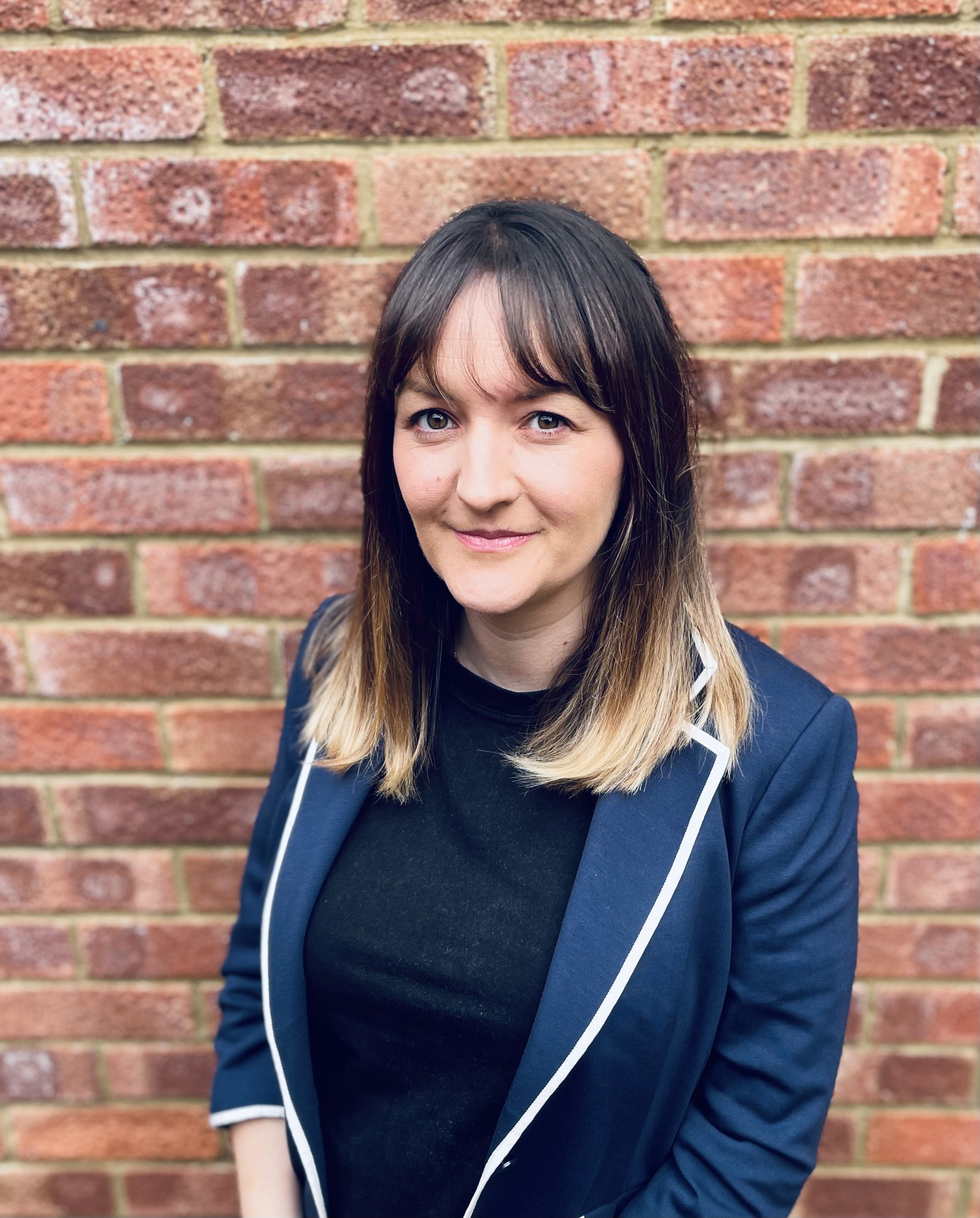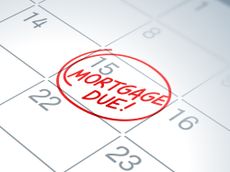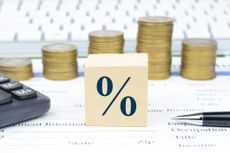What are the costs of buying a house?
It’s not just the deposit you’ll need when calculating the costs of buying a house, there are also things like solicitor fees, survey costs, stamp duty, and moving costs to factor in


The costs of buying a house can seem endless and there’s no denying it’s an expensive and lengthy process.
One of the biggest amounts is the deposit, which can be anything from 5 to 25% of the property’s value, but there are also lots of other costs to think about.
However, having a carefully planned out budget, with everything from stamp duty to your removal company’s fee included, will make it easier. It could also be worth setting aside some extra money to cover anything unforeseen that comes up during the process.
The costs of buying a house
Preparation is key when buying a house and that includes having the money available to pay for the property itself but also all the other things that crop up along the way.
Elena Todorova, director of the mortgage broker SPF Private Clients, said: “As well as a deposit, buyers need additional funds for stamp duty, if payable, solicitor costs, valuation fees, broker fees, and disbursements.”
1. Deposit
The deposit is the money you will have to pay towards the cost of your property. It will be a percentage of the total price, usually between 5-25%.
Usually, the higher the deposit you can pay, the better your mortgage rate will be, but it’ll also depend on your income, credit score, and any regular outgoings you pay for.
Look After My Bills Newsletter
Get the best money-saving tips, tricks and deals sent straight to your inbox every week. Make sense of your money in partnership with The Money Edit.
2. Mortgage fees
There are several different fees to be aware of with your mortgage, including the arrangement, valuation, broker costs, and interest.
The cost you pay will depend on the type of mortgage you have, and the provider, but along with your monthly repayments, there may also be a booking fee of £99 - £250, an arrangement fee of up to £2,000, and a mortgage valuation fee, of at least £150.
You can usually pay these upfront or add them to your mortgage, but if you do this you’ll also pay interest on the repayments.
Todorova said: “Basic mortgage valuation costs are often covered by lenders but remember it’s worth getting a survey done as well to check the condition of the property. The broker fee will depend on the size and complexity of the loan, plus there will also be moving fees etc to factor in.”
3. Stamp duty
Stamp duty (or stamp duty and land tax as it’s officially known) is paid on properties worth more than £250,000. If you’re a first-time buyer, you don’t pay it on the first £425,000.
But, the rates vary depending on where in the UK you live in Scotland, it’s Land and Building Transaction Tax (LBTT) and in Wales, you’ll pay Land Transaction Tax (LTT).
Therefore, it’s always worth checking a free stamp duty calculator to find out how much you will need to pay.
4. Legal fees
A solicitor or conveyancer will carry out all the legal work on your property, such as drawing up contracts and exchanging money. They will also carry out searches on the property which you’ll need to pay for, such as checking with local authorities to find out if there are any planning problems. Costs are usually around £850 - £1,500 plus VAT.
“Solicitor costs vary depending on the purchase price so you should obtain at least two or three fixed quotes from different companies who can confirm they have no limitations in representing the buyer and lender,” adds Todorova.
5. Surveyor’s fee
You don’t need a survey, but it’s strongly advised as this is where you’ll find out if there are any problems with the property. Plus, if anything does come up you can go back to the seller and renegotiate the price of the property.
There are different types of survey, with the most basic costing around £250 and a full structural survey costing around £600.
6. Electronic transfer fee
You’ll need to pay a fee, of around £50, when your mortgage provider transfers over the money for the property to your solicitor.
7. CHAPS fee
If you’re transferring more than £25,000 you’ll need to use the CHAPS system, or Clearing House Automated Payment System. It costs £25 per payment and the money will clear the same day.
8. Estate agent’s fee
If you’re selling your house at the same time as buying, you’ll need to pay your estate agent. You’ll be told how much when the property goes on the market and it’s usually between 1 to 3% of the sale price plus VAT. Some online estate agents only charge a flat fee for their services.
9. Buildings insurance
It’s not a legal requirement to have buildings insurance but it is a good idea as it protects you if anything goes wrong with the property, such as flooding or fire. When you move in, contents insurance is also worth considering as it protects all your belongings if they’re damaged or stolen.
10. Life insurance
Some mortgage providers require you to have life insurance before a mortgage is agreed upon. This is because it would pay off a mortgage if the person paying the mortgage died.
11. House removal fee
Unless you’re planning on moving your belongings yourself (and renting a van or borrowing one), you will need to pay a removal company.
There are different services available, from packing and boxing everything up themselves or just physically moving the boxes you’ve already packed. Costs vary considerably so always compare companies and find out exactly what’s involved first.
You’ll also want to check if they have insurance for your things when they’re in transit, although your existing home insurance policy may provide cover too.
12. New white goods and furniture
You may need to factor in the cost of buying new white goods or furniture, depending on what you have already. You’ll be able to get lots of things second-hand (or sometimes free) on local selling websites such as Facebook Marketplace.
13. Cleaning costs
If you’re moving out of a rented property, your contract may require you to pay for a professional house cleaning service when you move out.
14. Extra moving day costs
It’s worth having some money set aside for things that may come up such as paying for kennels for your dog, childcare costs for your children, petrol, or food and drinks on the day.
15. Ongoing fees when you move in
The average repair bill for new homeowners is £5,750, according to the Money and Pensions Service, but there are also lots of other ongoing costs you’ll need to budget for including the following:
- Council tax
- Energy
- Broadband
- Water
- Service charge and ground rent (if you live in a leasehold)
Related articles
- The latest UK house prices
- How are mortgage payments calculated?
- Mortgage borrowing calculator: how to work out what mortgage you can afford
- Help for first-time buyers
- What is the process of buying a house? From offer to completion
- How much deposit do you need to buy a house?
- House selling costs and process explained

Rebecca Goodman is a freelance personal finance journalist, regularly writing for The Independent, The Guardian, The Sun and a range of specialist publications. Covering all aspects of finance, Rebecca has worked in the sector for the last decade and specialises in insurance, household finance and consumer issues.
-
 Three energy firms pay £8m in switching compensation - has your provider paid out?
Three energy firms pay £8m in switching compensation - has your provider paid out?More than 100,000 customers have received compensation after changing providers, but is now a good time to switch energy suppliers?
By Tom Higgins Published
-
 Save £300 on your supermarket shop with cashback accounts
Save £300 on your supermarket shop with cashback accountsBanks, credit card companies and cashback sites are all offering cashback on your supermarket shop, but can you use them all to max out your savings?
By Vaishali Varu Published
-
 Moving home: why failing to share your new address could cost you money
Moving home: why failing to share your new address could cost you moneyWhen you move home you’ll want to share your new address with family and friends – but being slow to update your contact details with councils, banks and the DVLA can be costly
By Sue Hayward Published
-
 Skipton Building Society to offer deposit-free mortgages for “trapped renters” - everything you need to know about 100% deals
Skipton Building Society to offer deposit-free mortgages for “trapped renters” - everything you need to know about 100% dealsEverything you need to know about how to get a mortgage with no deposit
By Katie Binns Published
-
 Stamp duty: are you entitled to a tax refund worth thousands?
Stamp duty: are you entitled to a tax refund worth thousands?There are plenty of reasons why homebuyers may be entitled to a stamp duty refund, but it’s important to only claim if you’re eligible for a refund (and beware the claims management companies)
By John Fitzsimons Published
-
 House price hotspots: 50 areas where property prices have shot up the most
House price hotspots: 50 areas where property prices have shot up the mostWhich areas have seen the strongest house price growth over the past decade? Discover the towns and locations around the UK where property prices have more than doubled.
By John Fitzsimons Published
-
 Faster mortgage support for Universal Credit claimants – what it means for you
Faster mortgage support for Universal Credit claimants – what it means for youIf you claim Universal Credit, you can now get quicker support with paying your mortgage. We look at when you can get it and how to access it
By Stephanie Baxter Published
-
 Should I fix my mortgage rate?
Should I fix my mortgage rate?Interest rates are expected to rise again on the back of stubborn inflation, before falling next year. We look at the pros and cons of fixing your mortgage rate and what to consider if you need to remortgage soon.
By Stephanie Baxter Last updated
-
 Selling your home: avoid these mistakes to get the best possible price
Selling your home: avoid these mistakes to get the best possible priceFrom boosting kerb appeal to clearing clutter, there are crucial steps to take to ensure you get the highest price when selling your home
By John Fitzsimons Last updated
-
 Interest rates rise to 4.25% - what does it mean for your money?
Interest rates rise to 4.25% - what does it mean for your money?The Bank of England has increased the base rate for the 11th time in a row. We look at whether rates could rise further this year, and what the latest hike means for your mortgage and savings
By Ruth Emery Published